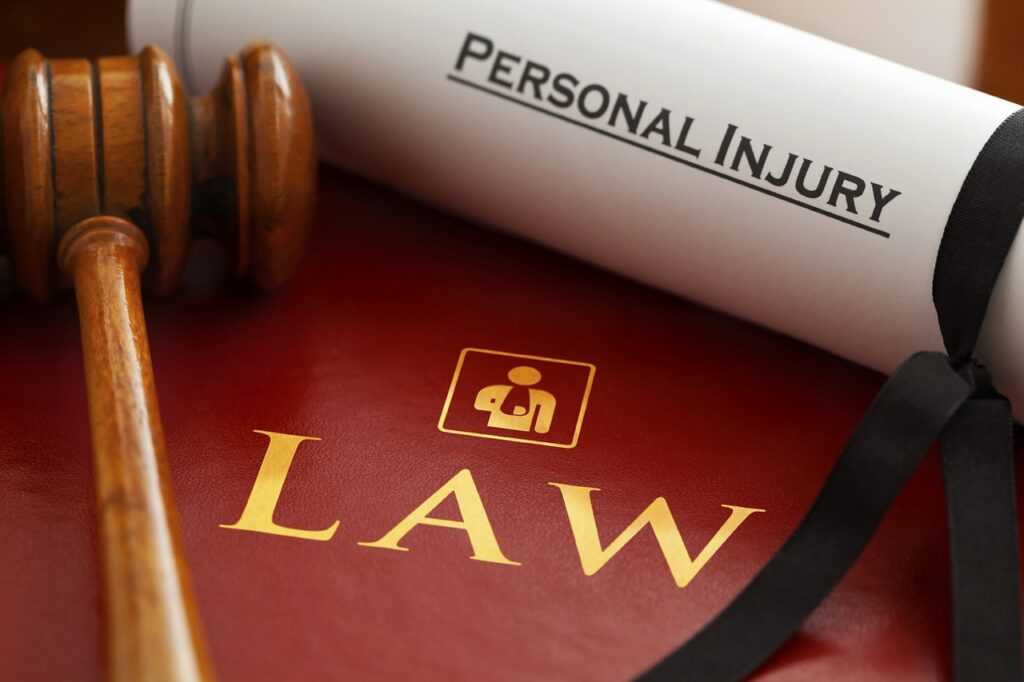We share a lot of information on what to do after an accident. We find this information useful, as it can ensure your safety and the safety of those around you. We recommend that you contact a reliable personal injury attorney, which we aren’t short of at Lieberman Injury Law.
But what happens after you have contacted an attorney? The answer is many things, which we will detail in this article. Whether you were involved in a car accident, were the victim of medical negligence, slip, and fall, or another injury, you need a team with experience defending plaintiffs like you. Most civil lawsuits can be resolved outside of court, but there is always the possibility of going to trial. Therefore, the attorney you hire should have the trial experience you need to effectively defend you in the courtroom.
There are many steps that we must take to prove the negligent party is liable for damages. However, there are a few ways you must prepare for the upcoming proceedings.
Meet All Deadlines
After you have filed a lawsuit, you will be given more paperwork than you know what to do with. Read everything in its entirety and make sure you understand what is said. Keep a close eye on all deadlines, so you can submit your forms in a timely manner. Even if you are given some leeway to file your paperwork late, the odds are immediately less in your favor.
In addition to meeting paperwork submission deadlines, you must attend your preliminary hearing on time – preferably 20 minutes early – and be fully prepared. First impressions matter and nothing bodes more favorably than a well-informed plaintiff. We recommend that you visit the court’s website to review the local rules.
Practice to be a Good Plaintiff
We will brief you, so you know what to expect from the other side, and how best to respond to their line of questioning. During your downtime, we recommend that you continue your research and watch videos on how a plaintiff is expected to act. Furthermore, it doesn’t hurt to learn legal terminology before your preliminary hearing, so you can keep up with each development as it unfolds.
Know Your Case Inside and Out
Know your case like you know the back of your hand. This may sound like a cliché to shrug off, but it’s important when preparing for trial.
It isn’t enough to make a claim – claims must be backed by a series of facts, also known as admissible evidence. This is a team effort. On our part, we will gather the necessary evidence to help build your case, such as obtaining CCTV footage, collecting eyewitness statements, and gathering documents to prove the defendant is liable. However, if you’re taking the stand, you must rehearse everything you plan to say. We understand how intimidating this can be, but there are strategies to make it less stressful:
- Be consistent with your story
- Always tell the truth
- Try breathing and relaxation techniques to stay calm
Another way to truly know your case is to see it from the other’s side’s perspective. Look at your original statement with a critical eye. Are there any holes, inconsistencies, areas that need clarification, or other weaknesses that should be addressed? If so, we will bring them to light and work with you to patch up all the holes in your story. The goal is to have a perfect testimony. We will work together to achieve this.
Be Respectful
This may go without saying, but you will be surprised how easily your emotions can get the better of you. As a result, preparation involves more than meeting deadlines, gathering important paperwork, and rehearsing your testimony. Always remember to stay calm and be respectful to everyone present, including the defendant. Nobody in that room knows you except your attorney and, possibly, the defendant. Therefore, how you present yourself will provide a glimpse into your character. What do you want people to see?
Here is what a plaintiff should never do:
- Make outbursts when they object to a statement.
- Look petty or impatient before and after their testimony.
- Interrupt someone while they are speaking.
As we help you prepare you for your testimony, we will make sure that courtroom decorum doesn’t take the backburner.
This is a difficult time, but remember, you aren’t alone. When you reach out to Lieberman Injury Law, you receive a reliable personal injury attorney who has your back from start to finish. Contact us or call 954.596.9944 for a free consultation.

